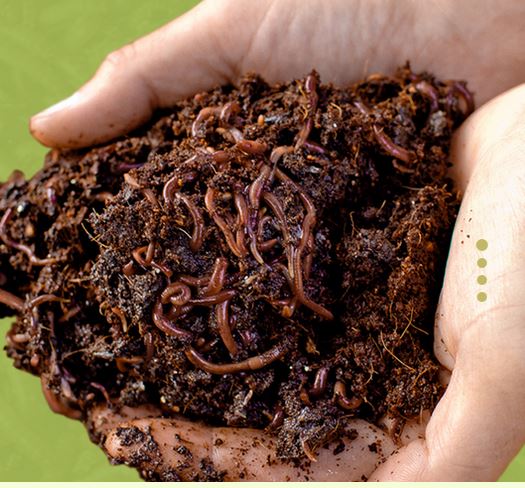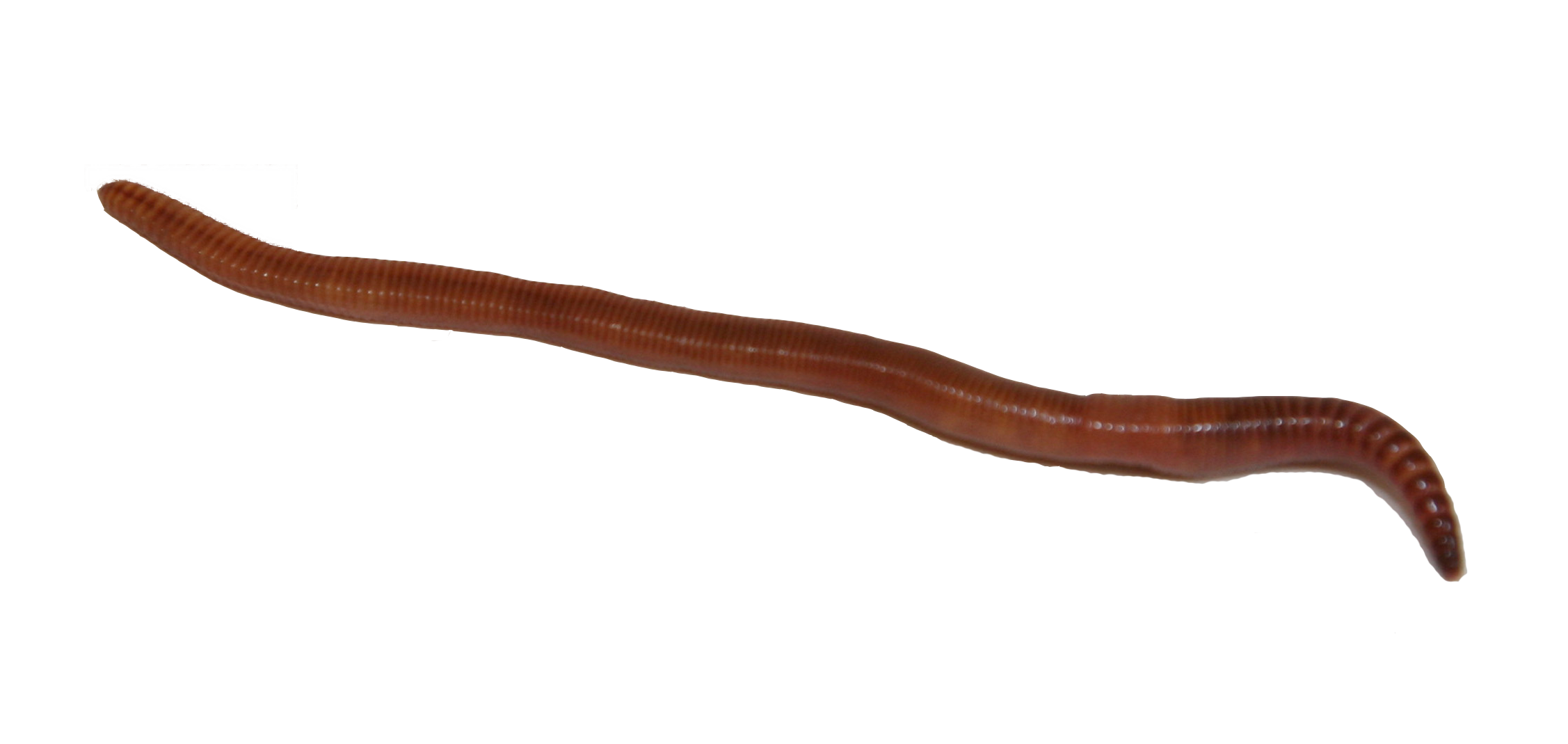Composting red worms: Guide to maintaining a worm bin
Composting red worms: Guide to maintaining a worm bin
Blog Article
Boost Dirt Wellness Naturally With Red Wigglers
The assimilation of red wigglers right into dirt management techniques offers an engaging approach for boosting dirt wellness normally. These earthworms not just transform organic waste into valuable vermicompost, however their natural habits likewise promote boosted dirt framework, oygenation, and nutrition schedule.
Advantages of Red Wigglers

In addition, red wigglers boost dirt structure by producing channels as they tunnel via the planet. This activity improves aeration and drainage, helping with root growth and guaranteeing that plants obtain ample oxygen and dampness. Additionally, the castings generated by red wigglers are high in nutrients such as nitrogen, phosphorus, and potassium, which are vital for plant advancement.
Red wigglers also aid in the decrease of harmful virus and insects by outcompeting them for sources, additionally adding to a healthier soil setting. Their existence can result in a reduction in the need for synthetic fertilizers and pesticides, promoting lasting farming practices. In general, incorporating red wigglers into dirt administration strategies provides a natural and effective means of enhancing dirt vitality, consequently supporting durable plant growth and farming efficiency.
Establishing Vermicomposting
Establishing a vermicomposting system is a useful method to harness the remarkable advantages of red wigglers in improving soil health and wellness. red wigglers. To begin, choose an ideal container-- preferably, a plastic or wood bin with a cover to maintain wetness and temperature. The container ought to have drainage openings to avoid excess water build-up
Following, prepare bedding material, which functions as an environment for the worms. Suitable products consist of shredded paper, cardboard, or coconut coir. Go for a deepness of 4-6 inches to provide sufficient room for the worms.
Once the bed linen remains in place, introduce the red wigglers, generally at a proportion of one extra pound of worms for every square foot of area in the container. Following this, include cooking area scraps such as vegetables and fruit peels, coffee grounds, and crushed eggshells. Prevent meat, dairy products, and oily foods, as these can draw in bugs.
(red wiggler worms near me)
Caring for Your Worms
Preserving the health of your red wigglers is necessary for a growing vermicomposting system. Proper treatment ensures that these useful organisms can effectively damage down natural matter and enrich your soil.
Feeding your worms is an additional essential aspect of their care. Red wigglers thrive on kitchen scraps such as fruit and vegetable peels, coffee grounds, and smashed eggshells.
Temperature level management is vital; worms choose an array of 55 to 77 degrees Fahrenheit. By complying with these standards, you will foster a healthy ecosystem for your red wigglers.
Making Use Of Worm Castings in Dirt
Worm castings, typically described as "black gold," are a powerful modification that can significantly improve dirt health and wellness and fertility. red wigglers. These nutrient-rich, organic plant foods are generated by red wigglers throughout their food digestion process, leading to a carefully textured material that is helpful for plants and soil alike
Incorporating worm castings right into your dirt boosts its structure, boosting aeration and water retention. This is particularly helpful for sandy dirts that drain pipes too quickly, along with hefty clay dirts that can end up being compacted. Worm spreadings are packed with essential nutrients, including nitrogen, phosphorus, and potassium, which are vital for plant development.

Eventually, using worm castings fosters a growing ecosystem within the soil, leading to much healthier plants and even more sustainable gardening practices.
Tips for Successful Composting
Effective composting calls for careful focus to a few key principles that can significantly enhance the top quality of the end product. Balance is important; keep a proper ratio of environment-friendly materials (nitrogen-rich) to brown materials (carbon-rich), ideally around 1:3. This equilibrium assists in efficient disintegration and reduces smells.
Second, aeration plays a vital role. Routinely turning the garden compost heap enhances oxygen flow, which accelerates microbial activity and accelerate the composting procedure. Go for a pile size of at the very least three feet by three feet to keep warmth, which additionally advertises disintegration.
(Lake James Bait)
Wetness content is one more crucial element; the compost should be damp yet not soaked. A great rule of thumb is to accomplish a dampness level comparable to that of a wrung-out sponge. Excessive water can lead to anaerobic conditions, while insufficient can decrease disintegration.
Lastly, monitor the temperature of the compost. A temperature level variety of 130 ° F to 160 ° F suggests energetic composting and helps kill microorganisms and weed seeds. By sticking to these concepts, you will develop a nutrient-rich garden compost that supports dirt health and improves plant development.
Conclusion
Incorporating red wigglers into gardening methods NC Worm Farms boosts dirt health with natural processes. These worms contribute to the break down of organic materials, leading to nutrient-rich vermicompost that improves dirt framework and fertility. Their burrowing actions promote oygenation and drain while suppressing dangerous virus and insects. By establishing and maintaining a vermicomposting system, gardeners can foster a lasting ecological community that supports durable plant growth and long-term soil strength, inevitably profiting farming productivity and environmental health and wellness.
Report this page